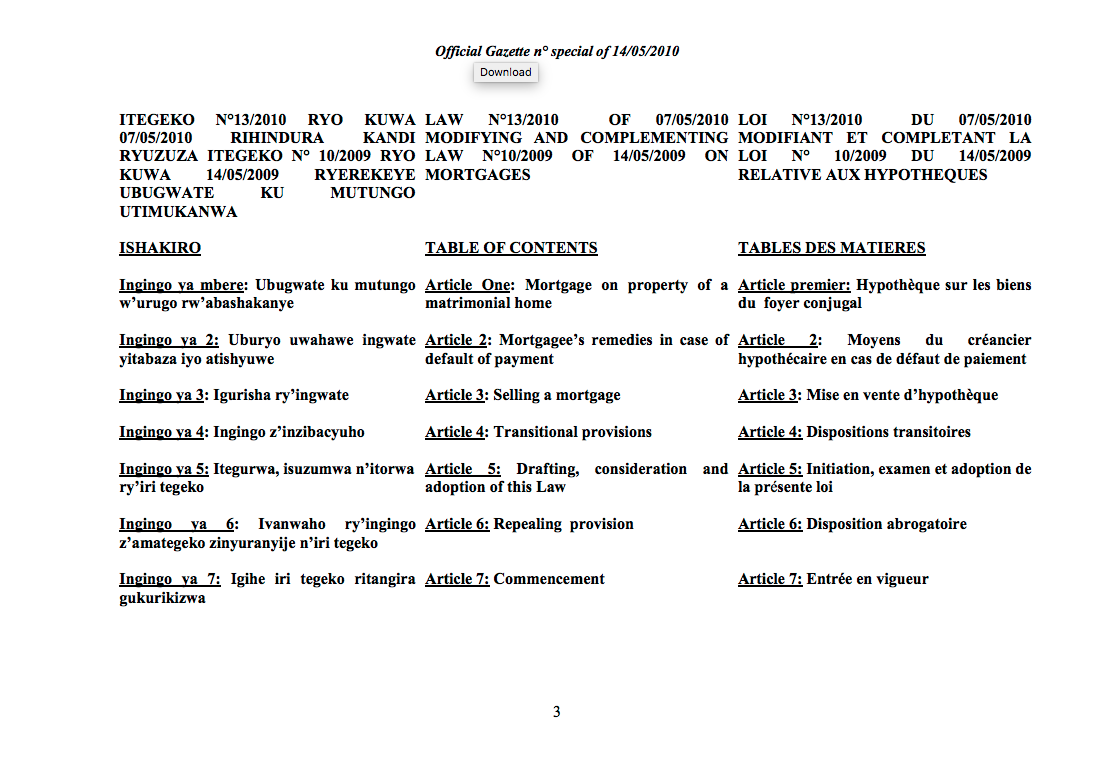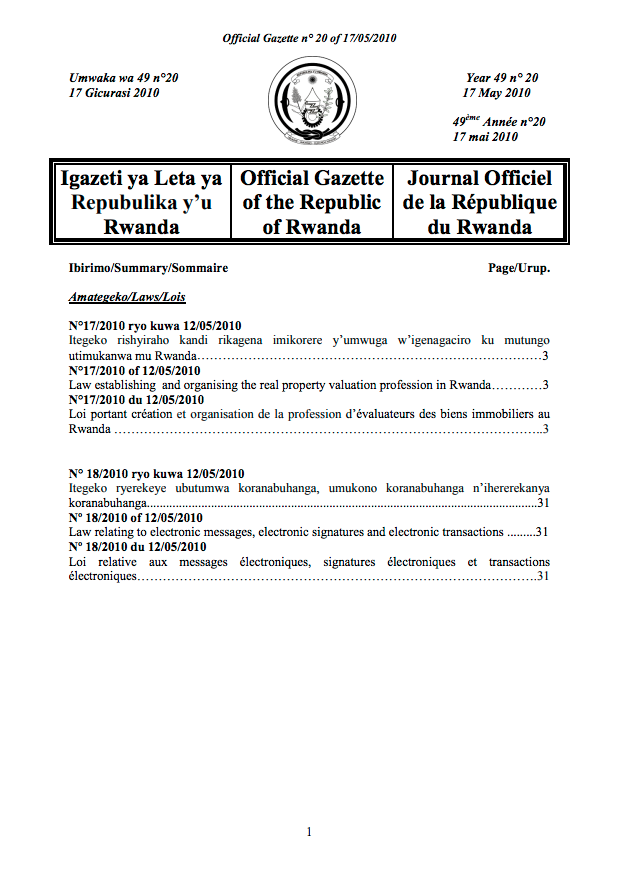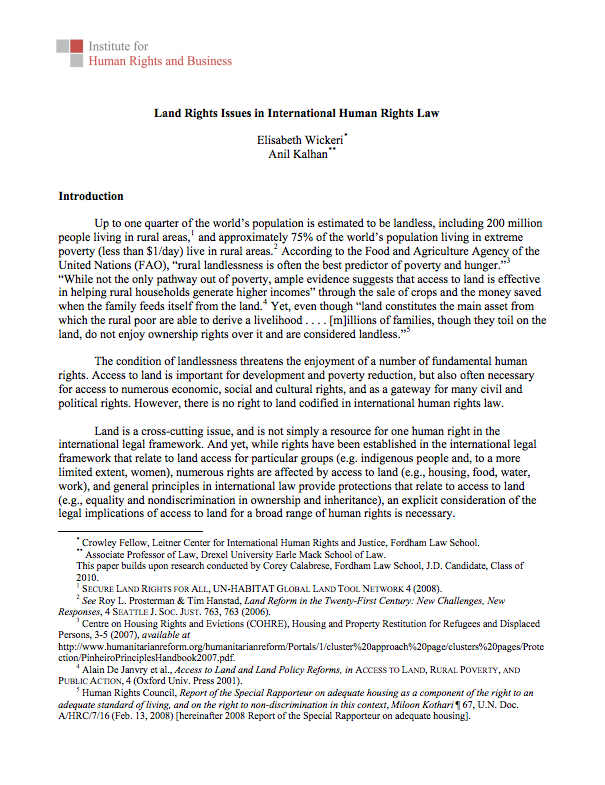The LAND Project is a five year program supported by the United States Agency for International Development (USAID). Its primary goal is strengthening the resilience of Rwandan citizens, communities and institutions and their ability to adapt to land-related economic, environmental and social changes.
Resilience is defined as “the ability to withstand or recover from difficult conditions.” It also comprises the ability of human and ecological systems to recover from shocks or difficult changes, and to transform to a better condition by responding flexibly and creatively to stress factors. In Rwanda, land tends to be one of the primary assets citizens rely on to buffer against difficult conditions and rapid change.
The project’s central objectives are twofold:
1.Increased capacity of local Rwandan institutions to generate high quality, evidence-based research on land-related issues that can be used by the Government, civil society organizations, and Rwandan citizens.
2. Increased understanding of land laws, policies, regulations, and legal judgments on land-related issues by GOR officials, local civil society organizations, research institutes and citizens.
Key outcomes of the project include:
- Holding annual National Land Research Agenda workshops to establish the research priorities of land sector stakeholders that the LAND Project will support. These workshops bring together multiple stakeholders from government, civil society and the research community;
- Supporting research on land-related issues through competitive awards to Rwandan research institutions, universities, and civil society organizations, and providing tailored capacity building assistance to improve research and advocacy capabilities;
- Offering training and other support to legal assistance providers to enhance their capacity to support women and vulnerable populations in understanding and realizing their land rights;
- Training local land authorities on the implementation of the land law and regulations.
- Carrying out research on critical land issues, including gendered land rights in practice, community rights to resources in and around protected areas, and expropriation.
- Managing a land-focused website to improve research, communications, and policy advocacy efforts that are focused on land, and to act as a vehicle for enhancing collaboration between actors working in the land sector;
- Providing organizational development support to civil society organizations supporting women’s land rights.
- Supporting innovative and coordinated communications approaches by civil society and government that enhance the knowledge of Rwandan citizens about research findings and their land rights.
Because the LAND Project is a five year endeavor, we are seeking an institution that has the interest, capacity, skills and resources to eventually take over hosting and maintenance of the website, ensuring it stays up-to-date and relevant to the land sector stakeholder community. If your organization is potentially interested in assuming management of this site, please contact us and tell us why you believe your institution would be an ideal candidate.
Members:
Resources
Displaying 76 - 80 of 149Law N°13/2010 of 07/05/2010 Modifying and Complementing Law n°10/2009 of 14/05/2009 on Mortgages.
Law N°13/2010 of 07/05/2010 Modifying and Complementing Law n°10/2009 of 14/05/2009 on Mortgages.
Law N° 17/2010 of 12/05/2010 Establishing and Organizing the Real Property Valuation Profession in Rwanda.
Law N° 17/2010 of 12/05/2010 Establishing and Organizing the Real Property Valuation Profession in Rwanda.
Practical Tools on Land Management - GPS, Mapping and GIS: Rwanda
Sustainable land management best practices on integrated approaches to natural resources management covers all the major rural land use systems including agriculture, rangeland, and forestry. Environmental sustainability and sustainable livelihoods can be achieved only through a holistic approach in which different resource users and decision makers come together to agree on common objectives that also maintain the ecological integrity of the resource base.In Rwanda, farmers integrate both crop and livestock operations.
Land Rights Issues in International Human Rights Law
Up to one quarter of the world’s population is estimated to be landless, including 200 million
people living in rural areas,1
and approximately 75% of the world’s population living in extreme
poverty (less than $1/day) live in rural areas.2
According to the Food and Agriculture Agency of the
United Nations (FAO), “rural landlessness is often the best predictor of poverty and hunger.”3
“While not the only pathway out of poverty, ample evidence suggests that access to land is effective
Women and land after conflict in Rwanda
Female-headed households often experience inequalities in access to resources and income-generating opportunities. Conflicts may make women poorer. But it is important to realise that conflicts also offer an opportunity for change in which gender stereotypes shift and gender roles and identities can be renegotiated. Did genocide and civil war in Rwanda lead to new opportunities for rural women?






